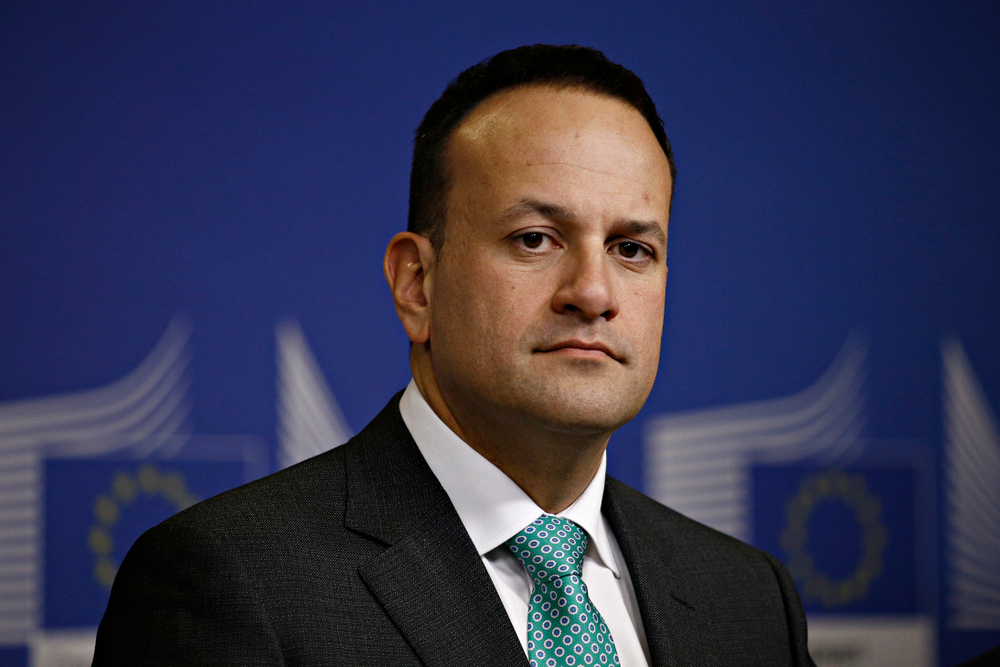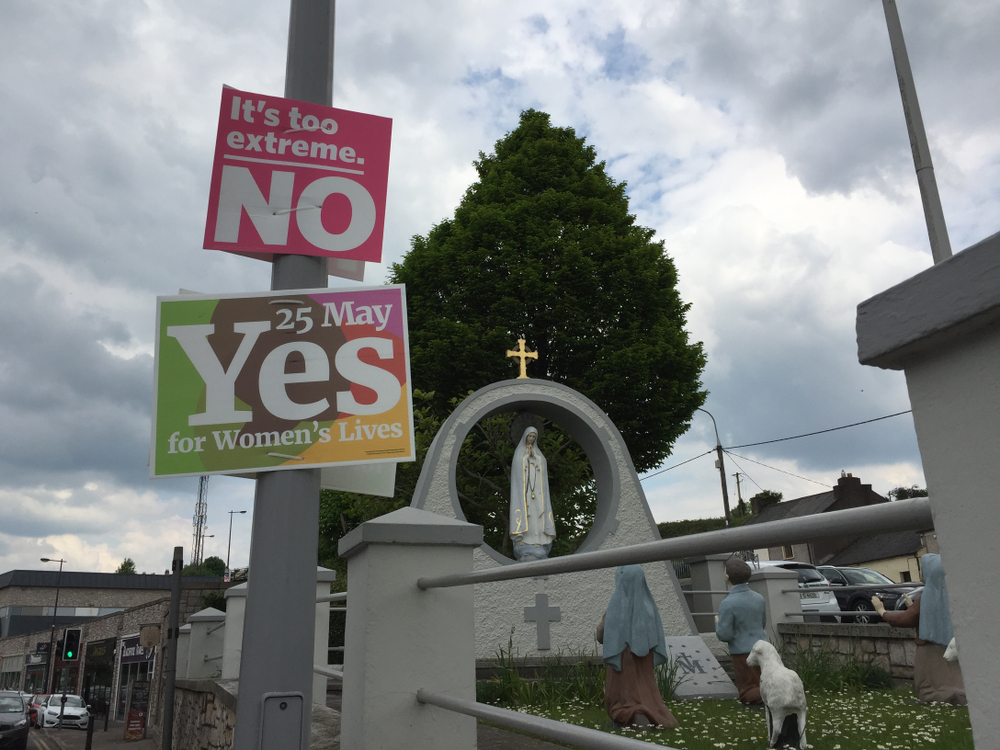In Ireland, this year’s International Women’s Day was marked by the long-awaited announcement of a referendum to amend several clauses in the Irish Constitution, which many deem to be outdated. The details are yet to be finalised, but Taoiseach Leo Varadkar stated that it will specifically address gender equality and the ‘outmoded’ clause, which refers to women’s place in the home. The Citizens’ Assembly, which gathers to discuss policy issues, already recommended the removal or replacement of four articles in 2021. Two of these articles refer to the institution of marriage and its importance to the state; the modification of these two articles is likely to be put to the public, given the fact that not all family units exist within a marriage. However, it is article 41.2 that is generating much discussion, as it currently states that
In particular, the State recognises that by her life within the home, woman gives to the State a support without which the common good cannot be achieved […] The State shall, therefore, endeavour to ensure that mothers shall not be obliged by economic necessity to engage in labour to the neglect of their duties in the home.”
Outdated as it may seem, there is a reason as to why these articles are still within the Constitution. In order to change any aspect of the Irish Constitution, a referendum must be held, which is a long process. Recently, there have been very significant changes made to the Constitution, including the legalisation of same-sex marriage in 2015 and the lifting of the abortion ban in 2018. However, given the urgency of these two issues, as well as the time and resources needed to hold a referendum, the four articles mentioned above, and Article 41.2 in particular, have been pushed to the side. Ireland has experienced a significant amount of change since the drafting of the Constitution in 1937, which was drafted alongside John Charles McQuaid, who would go on to become the Archbishop of Dublin. Since then, Ireland has moved away from its former conservative, Catholic identity towards more progressive, secular values. Some of this change was done through legislation, such as the lifting of the ban on contraceptives in 1985, but much of the change has been a result of popular vote.


Still, this upcoming referendum, as well as previous ones in Ireland, highlight not only the significance of democracy but also of democratic participation. Voter turnout is usually lower for a referendum than for a general election, with elections usually maintaining a turnout of between 60 and 70 percent, whereas referendums have had turnouts as low as 34% in the 21st century, with the exception of the referendum on abortion, which had a 64.13% turnout. Could a lower voter turnout risk the loss of this referendum, and in the aftermath of Brexit, can we take the right to abstain from voting for granted? Turnout is predicted to be low, but Varadkar has stated that this is no reason to continue to push this issue to the side.
Yet another referendum?
Ireland has experienced seismic social change over the past 40 years in its transition from a conservative to a progressive country and its separation of Church and State, and this is perhaps best reflected through the ballots. Divorce, abortion, same-sex marriage, and many other controversial topics have been brought to the public in the past thirty years alone. Although the holding of referendums to alter the Constitution and implement those changes is democratic in principle, it is not without its flaws. For example, in 1986, the first referendum to legalise divorce failed, with 63.48% of the population voting against it. Divorce was only legalised after the 1995 referendum and passed by a tiny margin, with 50.28% voting in favour. The divorce regulations passed in 1995 still made divorce a challenge, as a couple had to live separately for four years before being granted a divorce. This lengthy process was only revoked in 2019 by yet another referendum, with just over half of registered voters casting their ballot.
The case of the divorce referendum shows just how important voter turnout is when it comes to democracy. However, with cases like this, does it reach a point where there are too many important decisions resting with public opinion, especially given that it has taken this long to hold a referendum on Article 41.2? Two referendums in 1992 and 2002 broached the issue of prohibiting abortions in the case of the woman being suicidal in the wake of the infamous Case X.
In Ireland’s progressive modernisation, the topics which have been put to the public have been highly sensitive and politicised. Other topics broaching this personal sphere that have been put to the Irish voter include the position of the Catholic Church in the Constitution, age of presidential candidates and the right to have an abortion abroad. One constitutional amendment that has garnered controversy is the 27th amendment, which restricted the rights of children born in Ireland to non-Irish parents, which Senator Ivana Bacik has accused of being xenophobic and misinformed. This system may have its challenges, but it acts as a measure of public opinion, giving the Irish people a way to voice their views on controversial issues and challenge the conservative values of the 1937 Constitution. Despite it becoming a hotly debated issue, the 2015 marriage equality showed a wave of support for LGBT+ rights, with Ireland becoming the first country in the world to legalise same-sex marriage by popular vote.
Will this referendum pass?
The question around the efficiency of holding referendums for tweaking the Constitution may have its sceptics, however it has its upsides as well. Ireland has a Constitution that puts citizen input and engagement at the forefront and is reflective of the opinions of its people, who decide on its articles democratically. Citizens also have to be aware of the Constitution and discuss it regularly.
There has already been some debate surrounding the proposed referendum, with many, including the National Women’s Council welcoming the removal of this “sexist” part of the Constitution. Meanwhile, there has already been some amount of opposition, with some questioning the erasure of the work performed by women in the home, as others doubt the practicality and impact that a “yes” vote would have.


Whether or not this referendum passes will be determined by many factors. Firstly, the actual wording and proposed changes to the Constitution will have to be considered. There is also always the prospect of people who still believe a woman’s place is in the home, or people who would find humour in seeing a gender equality referendum fail, making some amount of impact at the ballots, but this only poses a risk if there is a low voter turnout. Ultimately, it is up to the individual registered voter as to whether they wish to vote, but given the fact that this is the only way Ireland can change the Constitution, voters turning up at the ballots is essential for constitutional change. This will be more than a symbolic referendum, but one that could consolidate Ireland’s position as a country that has made tremendous strides towards gender equality. We will just have to wait and see if the wave of voting for equality still holds its momentum.
By Elvi Wilson








